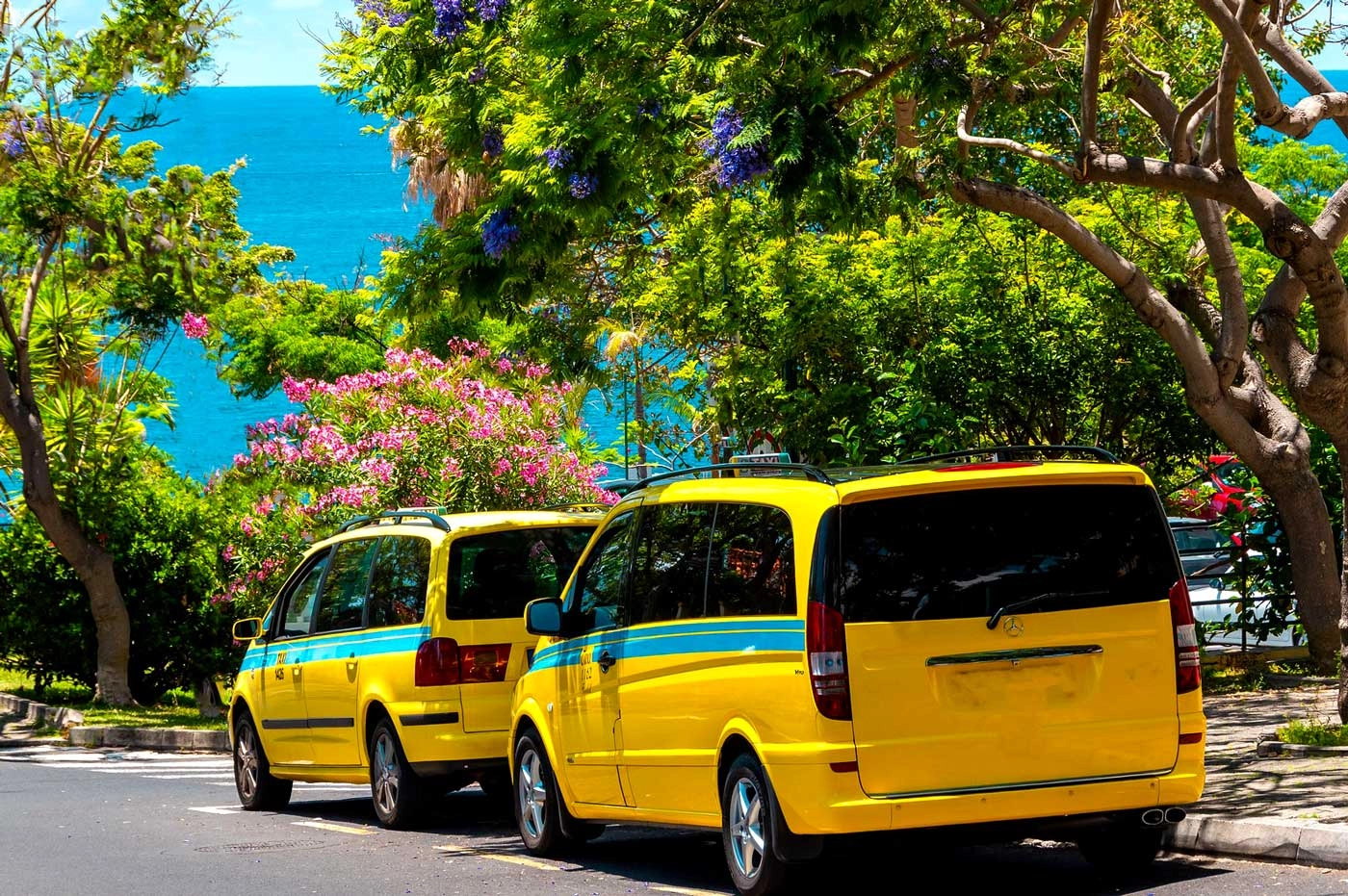Portugal Tightens Immigration and Citizenship Rules, Marking a Sharp Policy Shift
Portugal, once known for its welcoming immigration policies and flexible paths to citizenship, has introduced one of the most drastic changes to its immigration and nationality laws in decades. The new measures, approved earlier this year and gradually coming into force throughout 2025, redefine who can enter, live, and become a citizen in the country.
The reforms affect nearly every category of migrant - from workers and students to families seeking reunification - and are part of a broader political shift as the government responds to growing pressure from the right to tighten control of migration and naturalization.
Longer Road to Citizenship for Non-EU Nationals
Until now, most foreigners could apply for Portuguese citizenship after five years of legal residence. That period is set to double to ten years for most non-EU nationals. Citizens of Portuguese-speaking countries - such as Brazil, Angola, and Mozambique - who previously had the same five-year pathway are set to face a seven-year requirement.
Lawyers and immigrant associations have described this as one of the most consequential changes in Portugal’s modern immigration history. By extending the required residence period, the government effectively slows down the integration process for tens of thousands of long-term residents who had been preparing to apply for citizenship in the coming years.
The changes also introduce new conditions. Applicants for naturalization must now demonstrate not just basic knowledge of the Portuguese language but a deeper understanding of Portuguese history, culture, and civic values. They must also make a personal declaration of commitment to the democratic principles of the Portuguese Republic - arguably a meaningful requirement modeled on similar oaths in other European countries.
Citizenship by Birth Made Stricter
Previously, most children born in Portugal automatically gained citizenship if their parents were legally residing in the country - or in many cases, even if they had been living there informally for at least a year. That rule has now tightened.
From 2025 onward, at least one parent must hold legal residence for at least three years at the time of the child’s birth for the child to qualify for Portuguese nationality. Parents are also required to make a formal declaration requesting citizenship for their newborns.
This change primarily affects children of undocumented or precariously documented immigrants, who will now face more complex and delayed access to citizenship rights.
Family Reunification Becomes Harder
Portugal’s previous immigration law was called humane for allowing immigrants with legal residence to quickly reunite with spouses and children. Under the new legislation, migrants generally must have at least two years of legal residence before applying for family reunification.
However, exemptions exist for spouses, minor or dependent children, golden visa holders, and highly qualified professionals, who can apply sooner or immediately. Applicants must also prove adequate housing and sufficient financial means to support reunified family members. The government may waive the two-year rule in exceptional cases based on family ties and integration.
While aiming to ensure migrants are “established and stable” before bringing dependents, the reforms may lengthen family separation for many, especially those on temporary or short-term permits. Advocacy groups warn of disproportionate harm to low-income families.
End of the “Expression of Interest” Regularization
One of Portugal’s most distinctive policies - the so-called manifestação de interesse, or “expression of interest” process - is being phased out. This mechanism had allowed undocumented migrants who could prove they were working and contributing to Social Security to regularize their status without having to leave the country.
Under the new law, that path is abolished. Only those who were already working legally and registered with the Portuguese Social Security system as of June 3, 2024, will still be able to apply, and only until December 31, 2025. After that date, any migrant without a valid visa will no longer have a route to legal residency.
This is considered one of the gravest consequences of the reform, as it may leave thousands of long-term workers - many of whom perform essential labor in agriculture, construction, and care work - in legal limbo.
Stricter Job-Seeker and Work Visas
Previously, Portugal issued job-seeker visas to a wide range of applicants, including those with lower qualifications. The new rules limit these visas to highly qualified professionals. Applicants now have 120 days to find a job; if they fail to do so, they must leave the country and may be barred from reapplying for a year.
The government argues this measure will help control labor migration and prioritize skills needed in the Portuguese economy. Critics, however, say it unfairly targets the working class and will make Portugal less accessible to those seeking legitimate employment opportunities.
New Rules for CPLP Nationals
Nationals of Portuguese-speaking countries (the CPLP bloc) previously enjoyed some of the easiest entry and residency rules in Europe. They could often enter Portugal on a tourist visa and later convert that status into legal residency.
As of February 14, 2025, those privileges are largely gone. CPLP nationals must now apply for a residence visa from abroad before entering Portugal and undergo enhanced security and background checks.
Their residence permits have also been standardized: the initial permit now lasts two years, renewable for three years thereafter. These changes aim to align CPLP rules with those for other non-EU migrants, ending what the government called an “unequal and inconsistent system.”
Bureaucratic and Legal Changes
The new framework also eliminates “tacit approval” — a rule under which applications could be automatically approved if the government failed to respond within a certain period. Immigration authorities now have up to nine months to issue decisions on residence or visa applications, with possible extensions in complex cases.
This may bring more order to Portugal’s famously backlogged immigration system, but it also removes a safeguard that had previously helped applicants when bureaucratic delays were excessive.
Loss of Citizenship for Serious Crimes
Another controversial measure allows authorities to revoke citizenship from naturalized Portuguese who commit serious crimes within a certain time after gaining nationality. While revocation would not apply to those who were Portuguese by birth, human rights groups warn that it introduces unequal treatment between citizens and could violate international norms.
Who Is Affected?
The changes primarily concern non-EU nationals, including migrants from Portuguese-speaking countries, sub-Saharan Africa, South Asia, and Latin America. EU citizens are largely unaffected in terms of residence, as their status is governed by European law, but their non-EU family members may face new obstacles under the revised reunification and citizenship provisions.
When Changes Take Effect
February 14, 2025: CPLP permit reforms under Law No. 9/2025 took effect.
July 16, 2025: Parliament approved broader reforms to the Foreigners’ Law, governing family reunification, job-seeker visas, and regularization.
December 31, 2025: Deadline for eligible migrants to apply for regularization under the old “expression of interest” rules.
Most of the new provisions apply to all new applications submitted after the laws’ publication, with transitional exceptions for ongoing cases.
A Political Turning Point
Portugal’s government, led by the Democratic Alliance with support from the far-right Chega party, defended the measures as necessary to restore “credibility” and “order” to the immigration system. Critics, including opposition parties and rights organizations, say the reforms represent a turn away from Portugal’s traditionally open and inclusive approach.
Legal scholars warn that some provisions - including those concerning family reunification and citizenship revocation - may face constitutional challenges.
For now, Portugal’s doors remain open, but with far narrower frames. Where the country once stood as one of Europe’s most accessible destinations for migrants seeking stability and belonging, it is now moving toward a model defined by stricter entry rules, longer waiting periods, and greater conditionality on who can truly call Portugal home.






Comments